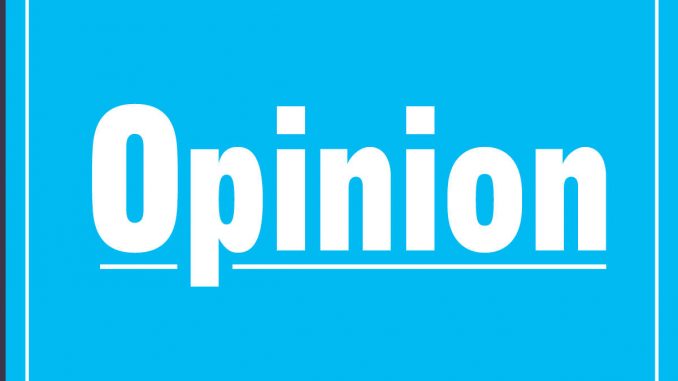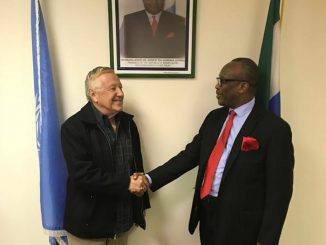
*The Two Key Approaches to Economic Activities That Need to Be Addressed in Sierra Leone 🇸🇱 for Sustainable Development.*
Both large-scale (macro) and small-scale (micro) economic activities require two fundamental approaches for fostering long-term growth:
1. Understanding how to generate income.
2. Learning how to invest for long-term growth and sustainability.
Unfortunately, these approaches have not been fully embraced in Sierra Leone, which negatively impacts the country’s economic progress.
Why Sierra Leone’s Economy Is Struggling
Several factors contribute to the slow pace of economic growth in Sierra Leone:
*1. Many Business Leaders Are Foreign Nationals Who Keep Their Money Offshore.*
A significant proportion of Sierra Leone’s leading business figures are foreign nationals. These individuals often invest their earnings abroad, rather than reinvesting them within the local economy. This outflow of capital reduces the circulation of money within the country, hindering sustainable economic growth.
*2. Over-reliance on Salaries*
Approximately 80% of Sierra Leoneans depend on monthly salaries for their livelihoods. However, many find that their wages are insufficient to cover the rising cost of living and other essential expenses. As a result, numerous individuals run out of money before the month ends, making it difficult to save, invest, or start a business. This heavy reliance on fixed incomes stifles personal financial growth and inhibits innovation, contributing to broader economic stagnation.
*3.Mismanagement of Resources and Price Control Issues*
A major challenge to Sierra Leone’s economic development is the mismanagement of resources. Public funds are often misallocated, failing to support critical sectors such as infrastructure, healthcare, and education. At the same time, many citizens spend beyond their means on non-essential items. Both the government and the public need to adopt more responsible financial management practices to ensure that essential sectors are properly funded. Improved resource management would enhance economic efficiency and foster long-term growth.
*4. Over-reliance on Loans for Local Businesses*
Many local businesses in Sierra Leone are heavily dependent on loans to finance their growth. While loans can be beneficial for expansion, excessive reliance on borrowed capital is risky. These businesses often face high interest rates and the pressure of repaying loans, which limits their ability to reinvest profits or innovate. This dependence on loans stifles business expansion and prevents local enterprises from becoming significant contributors to the national economy.
*5. Corruption and Dishonesty in Business Partnerships*
Corruption is a pervasive issue in both the public and private sectors of Sierra Leone. Many business partnerships are undermined by unethical practices such as bribery, embezzlement, and favoritism. These corrupt actions divert resources that could be allocated to development, creating an environment of distrust. As a result, both local and foreign investors are discouraged, further hindering economic growth.
*6. Unfriendly Business Environment and Market Management Challenges*
Sierra Leone’s business environment is fraught with challenges, including inadequate regulations, insufficient infrastructure, and an unpredictable economic climate. Bureaucratic delays, inconsistent government policies, and issues related to price controls further deter entrepreneurship and investment. Additionally, a lack of cooperation from both salespeople and consumers complicates market dynamics. These barriers prevent businesses from thriving and limit the private sector’s ability to contribute to economic development.
*7. Lack of Support for Promising Business Ideas*
Another significant issue is the lack of support for innovative and profitable business ventures. Individuals or organizations with the resources to support new ideas often fail to do so, leaving many promising opportunities unexplored. This lack of cooperation stifles innovation and further hampers economic growth.
In Conclusion
The slow economic growth in Sierra Leone is the result of a combination of challenges affecting the government, businesses, and citizens. Issues such as over-reliance on salaries, mismanagement of resources, dependence on loans, corruption, and an unfriendly business environment need to be addressed. If these challenges are effectively tackled, Sierra Leone has the potential to build a stronger, more sustainable economy, providing greater opportunities for its citizens and ensuring long-term prosperity.
*Researched and Written by:*
JMI De-Savior.




Leave a Reply